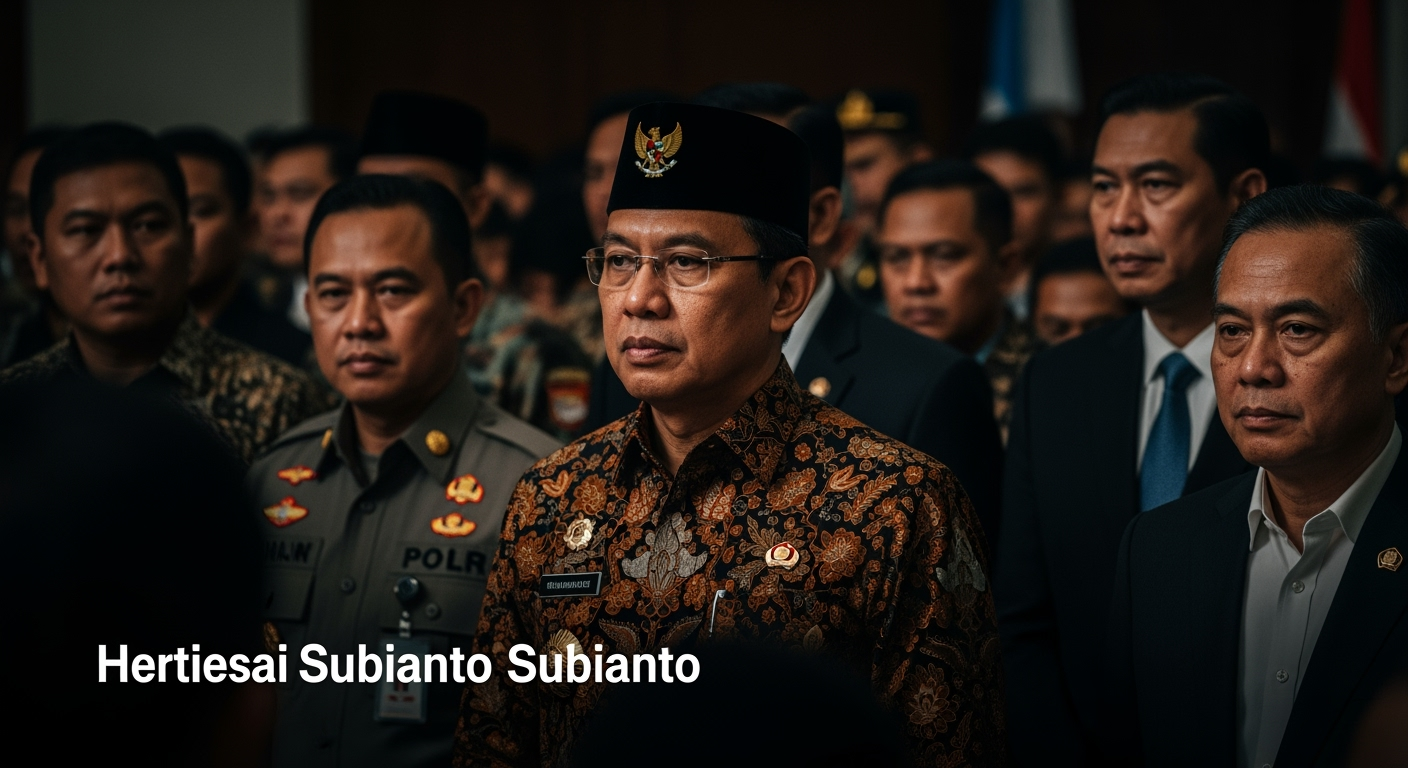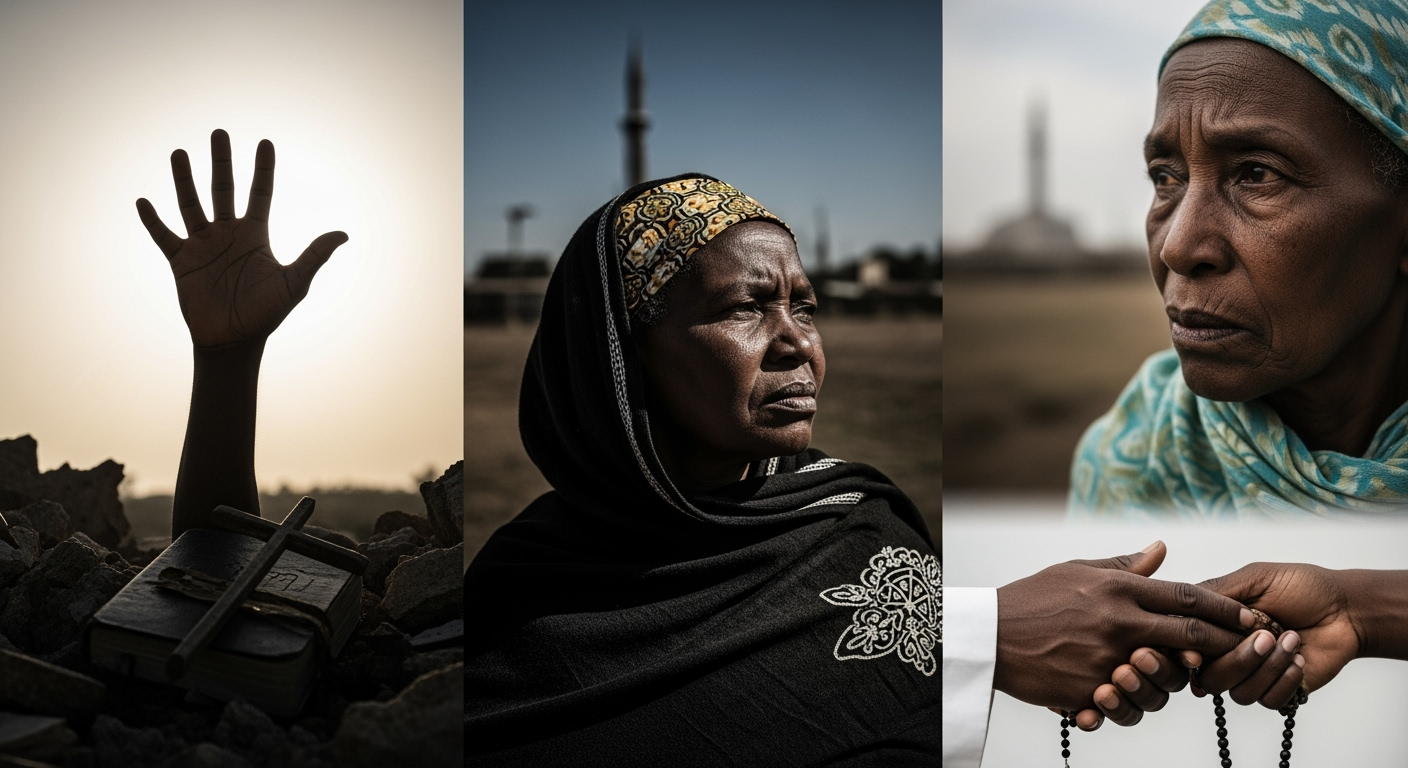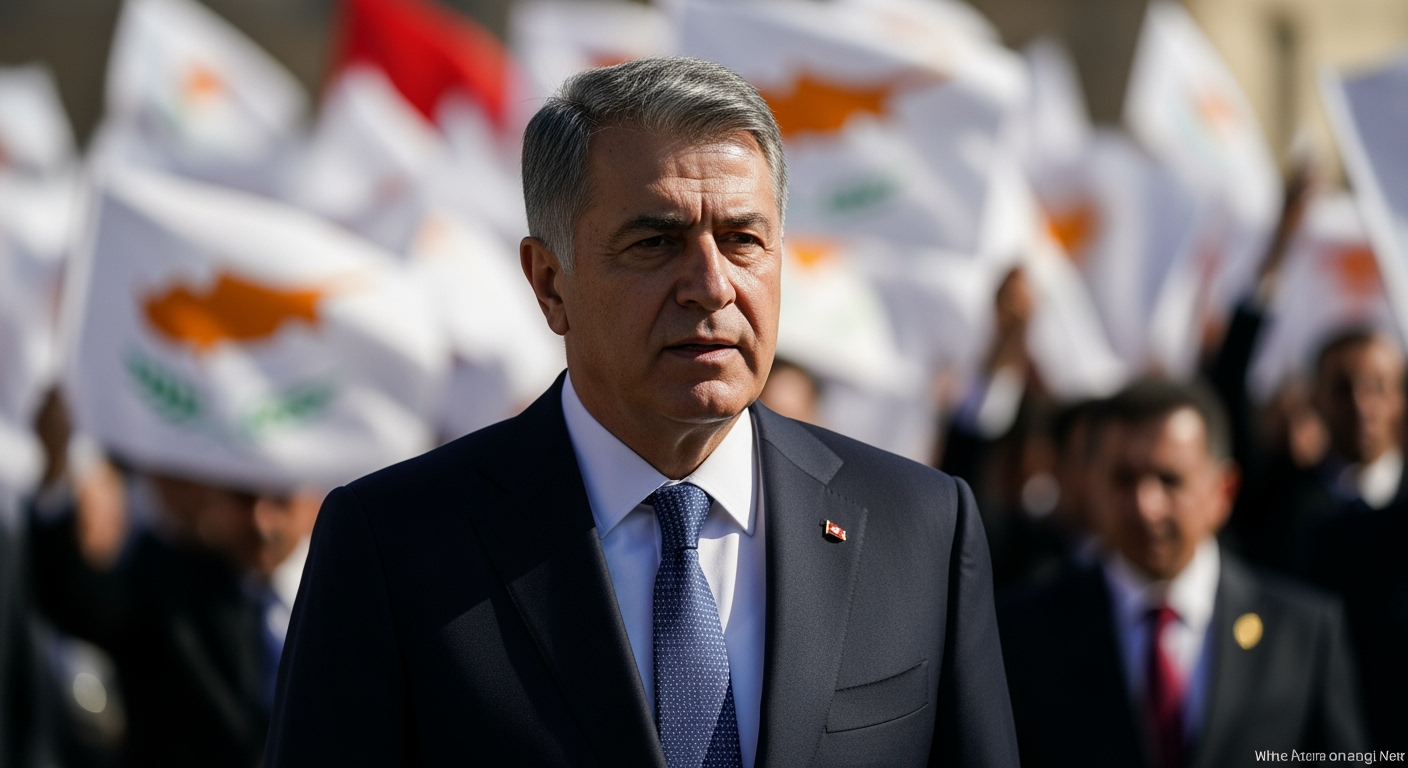Related Articles

China Navigates Critical Economic Crossroads with Ambitious New Five-Year Plan

Indonesia's Prabowo Elevates Nation's Presence on the Global Stage in First Year





Nicosia, Cyprus – Tufan Erhürman, leader of the center-left Republican Turkish Party (CTP), has secured a resounding victory in Northern Cyprus's presidential election held on October 19, 2025, marking a significant shift in the political landscape and delivering a nuanced message to Ankara. Erhürman garnered 62.76% of the vote, decisively defeating incumbent Ersin Tatar, who secured 35.81%, according to unofficial results. This outcome is widely interpreted as a clear repudiation of Tatar's hardline stance on a two-state solution and his administration's perceived deepening dependency on Turkey, opening new avenues for dialogue on the long-divided island while navigating complex relations with its powerful guarantor.
Erhürman's landslide win, with a voter turnout reaching approximately 65%, represents the widest margin in any Northern Cypriot presidential election to date. The election was largely seen as a referendum on the future direction of the Turkish Cypriot community, with voters expressing a desire for change. The outcome is viewed as a decisive rejection of Ersin Tatar's term, which was characterized by an uncompromising advocacy for a "two-state" solution and an increasing reliance on Turkey in economic and administrative affairs. Public sentiment, fueled by fatigue over inflation, bureaucracy, and economic challenges, gravitated towards Erhürman's message of solution-oriented realism and institutional normality. His victory is widely interpreted as a call for dignity, institutional autonomy, and a re-evaluation of the relationship with Ankara, moving away from what some perceived as "absolute tutelage."
A constitutional law professor and former prime minister, Tufan Erhürman campaigned on a platform advocating for a bi-zonal, bi-communal federal solution to the Cyprus issue, aligning with United Nations parameters. This stance sharply contrasts with Tatar's embrace of a two-state model, which has been Turkey's official position since the collapse of reunification talks in Crans-Montana in 2017. Erhürman has emphasized a strategy of "conditional dialogue" for future negotiations, built on four key principles: non-negotiable political equality, a defined timetable to prevent endless talks, adherence to previously agreed issues, and safeguards against a return to the status quo if discussions falter.
Despite advocating for greater autonomy and a more balanced relationship with Ankara, Erhürman has also made it clear that foreign policy decisions concerning Cyprus will continue to be made in close consultation with Turkey. In a statement following his victory, he affirmed, "no foreign policy for Cyprus or any position on the Cyprus issue will ever be determined without consultation with Türkiye during my term." He further reiterated his intention to make Ankara his first official visit, in keeping with established tradition. This delicate balancing act seeks to assert Turkish Cypriot agency while acknowledging Turkey's significant role as a guarantor power.
The election results elicited a mixed response from Turkey. President Recep Tayyip Erdoğan extended his congratulations to Erhürman, expressing hope that the outcome would be "beneficial for our 'countries' and the region" and reaffirming Turkey's continued support for the TRNC's sovereign rights and interests. Turkish Vice President Cevdet Yılmaz and the Foreign Ministry echoed similar sentiments, pledging unwavering support to the Turkish Cypriot people.
However, not all reactions from Ankara were conciliatory. Devlet Bahçeli, leader of the Nationalist Movement Party (MHP), adopted a significantly more hardline stance. Bahçeli called for the rejection of the election results and urged the Turkish Cypriot administration to pursue formal integration with Turkey, citing what he claimed was low voter participation. These contrasting reactions highlight existing internal divisions within Turkey regarding its Cyprus policy and the extent of its influence over the Turkish Cypriot leadership. Meanwhile, Özgür Özel, leader of Turkey's main opposition Republican People's Party (CHP), congratulated Erhürman, implicitly criticizing Ankara's alleged "propaganda campaign" in favor of Tatar during the election.
Erhürman's victory has rekindled hopes for a renewed push towards a comprehensive settlement of the Cyprus problem. The international community, including the United Nations and the European Union, has long sought a credible Turkish Cypriot voice committed to dialogue. Nicos Christodoulides, President of the Republic of Cyprus (Greek Cypriot side), swiftly congratulated Erhürman, expressing readiness to resume substantive negotiations from where they were interrupted in Crans-Montana in 2017, under the auspices of the United Nations Secretary-General. This openness from both sides, at least initially, suggests a potential "window of opportunity" for dialogue.
Despite this renewed optimism, significant challenges remain. The fundamental disagreement between a federal solution and a two-state model persists, with Turkey's official position still leaning towards the latter. Erhürman himself faces the task of uniting a parliament that may still contain elements aligned with Ankara's two-state policy. The success of any future negotiations will heavily depend on Turkey's willingness to permit a substantive negotiating process and potentially adjust its long-standing "two-state" doctrine. The path forward for Cyprus remains fraught with historical complexities and geopolitical considerations, but Erhürman's sweeping victory has undoubtedly injected a new, albeit cautiously optimistic, dynamic into the long-stalled peace process.